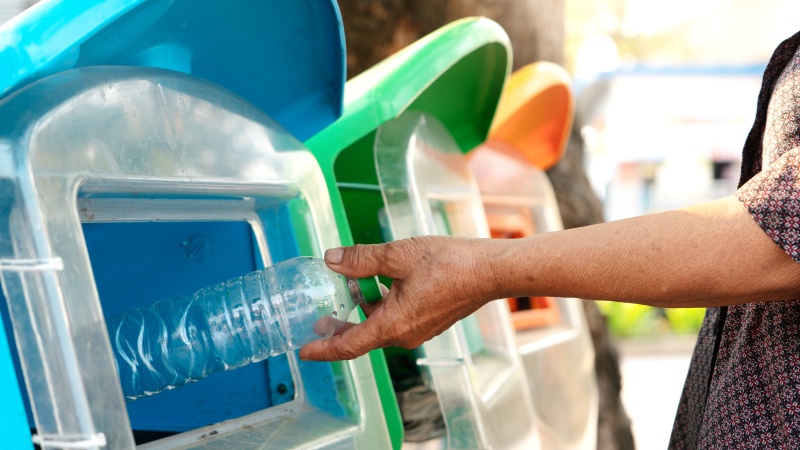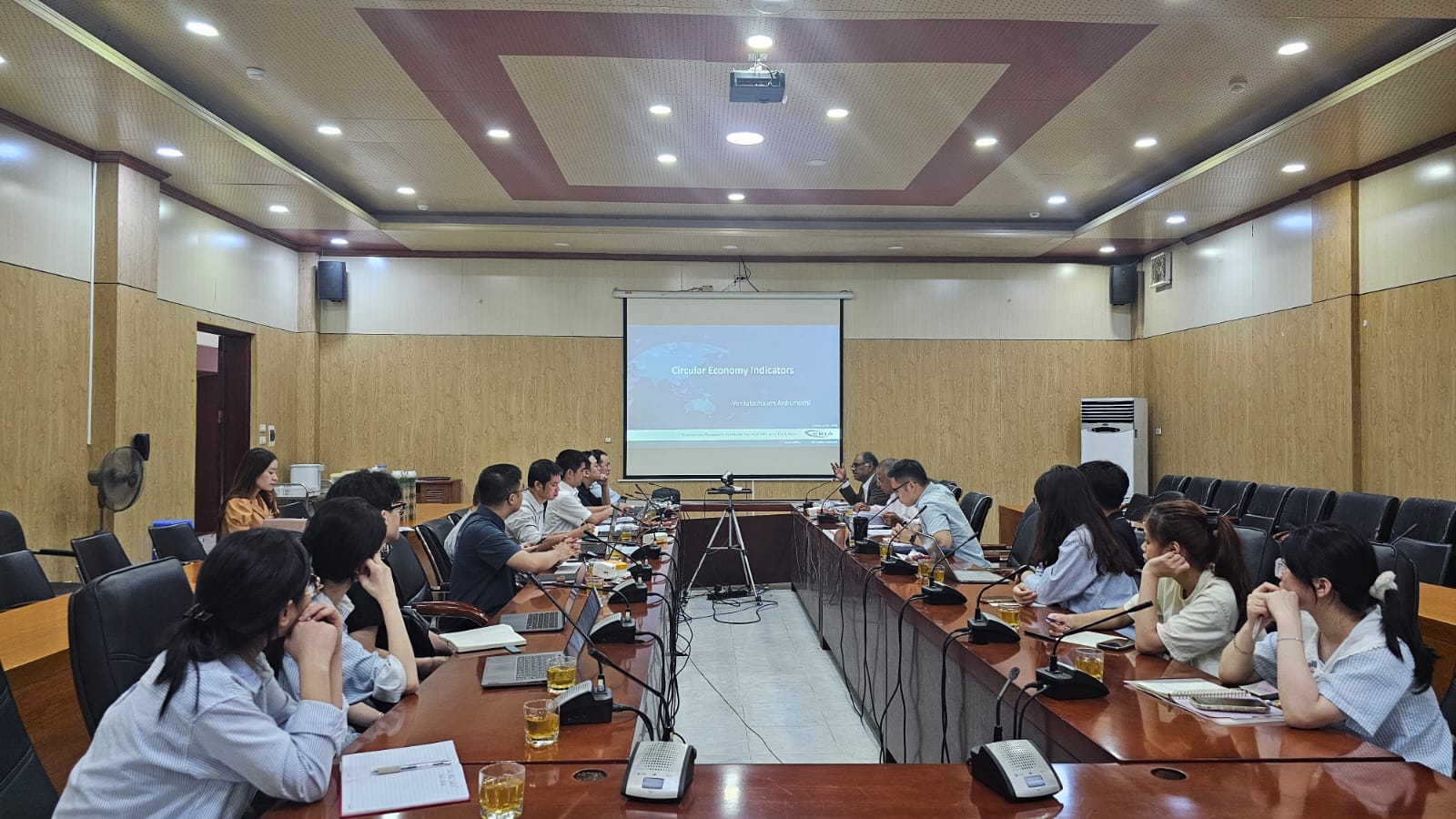Catching up with the increasing plastic waste: Voluntary initiatives alone are no longer enough
Date:
29 November 2021By:
Hendro Putra JohannesCategory:
OpinionsTopics:
EnvironmentShare Article:
Print Article:
By Hendro Putra Johannes, Research Associate, and Ayako Mizuno, Programme Manager ,Economic Research Institute for ASEAN and East Asia (ERIA):
As a result of rapid economic growth coupled with the lack of waste management infrastructure, East and Southeast Asian regions are recognized today as the biggest contributors of marine plastic pollution. This issue takes part in the ongoing COP26 in Glasgow, reflecting its urgency and relevance with the leading climate issue. In fact, the situation is getting worse since COVID-19 pandemic hit the world. The pandemic has changed people’s consumption behaviour, such as the exponential increase in personal protective equipment like the surgical face mask, and the shifting from eat-in to take-away and delivery for food consumption. From a business viewpoint, it can be a huge advantage to explore new business ideas, but from an environment standpoint, the shift will result in an increasing amount of plastic waste.
To tackle the adverse effect, governments are advocating initiatives like using alternative materials and applying voluntary extended producer responsibility (EPR) schemes. But in reality, businesses tend to ‘avoid’ such voluntary initiatives. During a public forum co-hosted by the ASEAN Secretariat and the Economic Research Institute for ASEAN and East Asia in June 2021, Iris Chang, Regional Head of Sustainability at Grab, one of Southeast Asia’s largest online service providers, said the company has a pilot program to replace plastic food containers with more sustainable materials, such as paper, which degrade more rapidly. However, the transition has proven to be challenging.
Chang explained that there are four key aspects that make it difficult for food and beverage merchants to adopt more eco-friendly packaging. First, price, as merchant are sensitive to costs and sustainable containers can cost four to five times more than plastic packaging. Second, design, as many Asian cuisines are covered with sauce and need watertight food delivery boxes. Third, lack of standards for genuinely eco-friendly containers which allows for ‘greenwashing’ causing restaurant owners to be unsure which materials are better than plastic. And fourth, the absence of regulatory requirements. Restaurant owners can be less motivated to switch their packaging type if it is not mandatory.
Furthermore, a report published by the Changing Markets Foundation discovered that many big businesses have lobbied for these voluntary initiatives as a tactic to delay and derail progressive legislation, while distracting consumers and governments with empty promises and false solutions.
Giving the option to voluntarily adopt eco-friendly business practices is no longer enough. There should be structural incentives for both the retailers and consumers to ‘pay more, do more’ for the genuinely eco-friendly packaging. At the same time, disincentives should be applied for the non-compliant parties.
Tommy Tjiptadjaja, Co-Founder and CEO of Indonesian green tech social enterprise Greenhope, at the same public forum, affirmed that while entrepreneurs and innovators are developing new methods and technologies, governments must work in parallel to provide a holistic and contextual policy framework as well as a roadmap that considers stakeholders’ inputs, incentives, and disincentives. According to Tjiptadjaja, environmentally conscious entrepreneurs should not be left to their own devices and instead should be assured that the government is working alongside them.
Government can offer incentives for the businesses who participate in positive business practices. In the forum, Kentaro Inukai, President of Pana-Chemical, an EPS (known as Styrofoam) recycling system provider in Japan, explained that since EPS disposal is costly in Japan and illegal dumping results in costly penalties, Japanese businesses are motivated to invest in adequate machinery for their recycling systems, which can minimize the cost for plastic waste disposal. To further promote this trend and encourage companies to purchase recycling machinery, governments can offer incentives, such as subsidies for the acquisition of such equipment, argued Inukai.
From the consumer side, Supatchaya Techachoochert, Co-Founder of Refill Station, the first bulk store in Thailand, has witnessed improvements in the public awareness of plastic pollution among Thailand’s society compared to half a decade ago, where such understanding was dominated by expat community. To create momentum for a more sustainable business environment, all stakeholders must be on the same page, and this includes the consumers’ mindset, she said. In conjunction with the incentives and disincentives towards the business sectors, education and awareness raising is crucial to change the way consumers choose their suppliers too. Offering rewards in the form of discounts, cashback, or special gifts could further translate the mindset into practice.
Such mechanisms can progressively lay the foundation for mandatory initiatives down the line. Well-designed mandatory EPR schemes under progressive legislation could be developed with transparent modulated fees, polluter-pays principle and reduction targets, and funding for better alternative materials.
The private sector across the region has initiated positive business practices. However, none of them offers a one-size-fits-all solution. Understanding their strength and weaknesses as well as informing the policy makers of the initiatives that can be effectively implemented in the local context is the key. The pandemic has accelerated the rate by which we generate plastic wastes, and we are under increasing pressure to find holistic solution. Failure to act fast will risk hindering the regions’ efforts in combatting marine plastic pollution.
This opinion piece has been published in Manila Times, Borneo Bulletin, China Daily, and The Jakarta Post. Click here to subscribe to the monthly newsletter.








